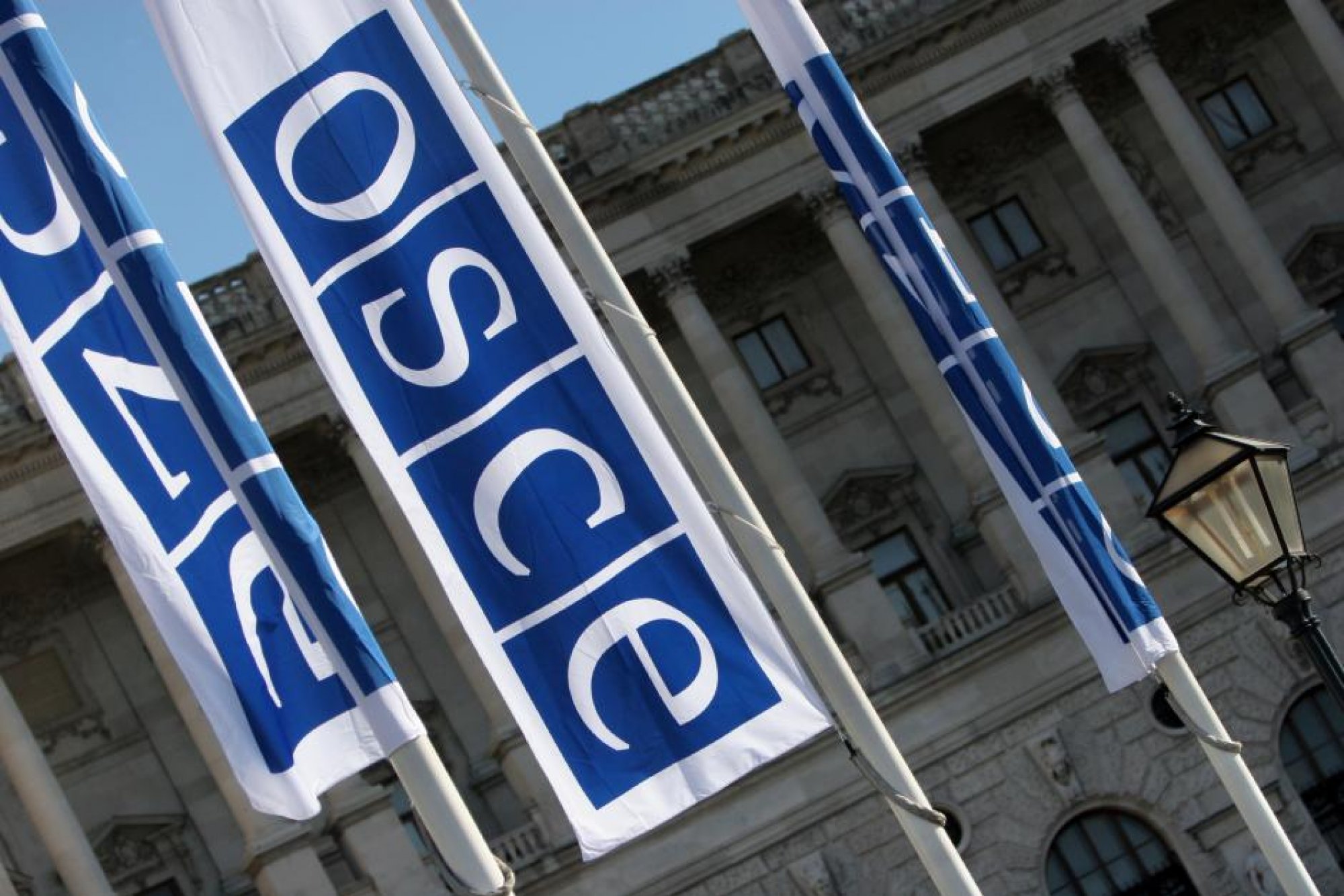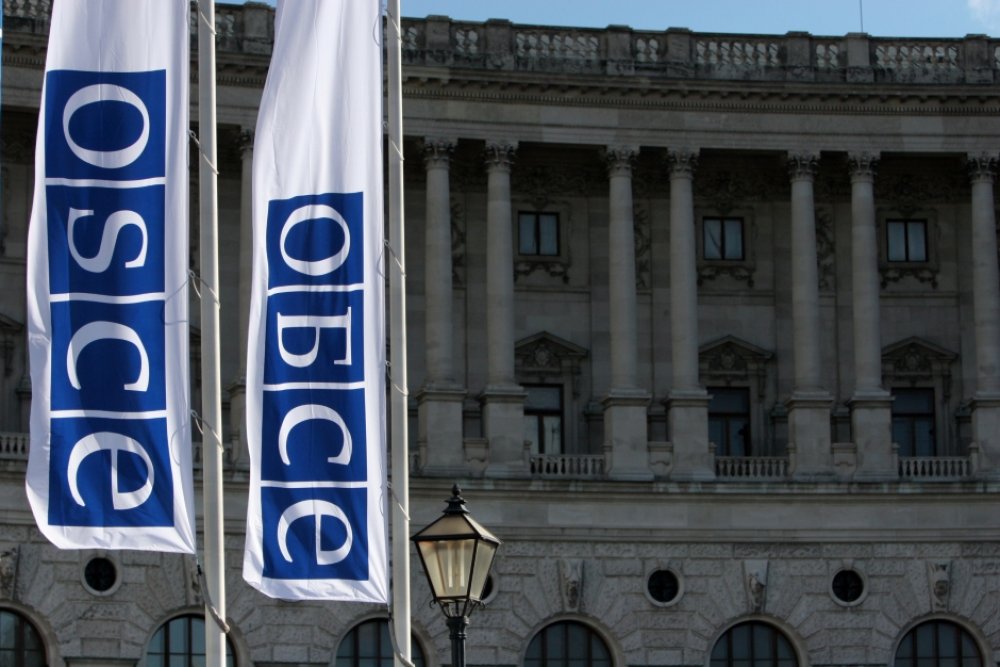OSCE/Mikhail Evstafiev

The Moscow Mechanism Initiated on Belarus – the OSCE Toolbox Exhausted?
On 17 September, seventeen OSCE participating States invoked the so-called Moscow Mechanism in response to events following the 9 August presidential election in Belarus. The Moscow Mechanism allows groups of OSCE States to trigger expert missions to report on serious human rights concerns. In this case, the seventeen states want the expert mission to investigate alleged election fraud and human rights violations.
Judging from past experience, the next steps seem quite predictable. Once the report by the expert mission is completed, there will most likely be no concrete follow-up on the recommendations contained in the report.
Belarus has already announced its rejection of the procedure and access to the country will not be given. This means that Belarus will also not nominate its own expert, leaving the mission with just one rapporteur who will produce a report on the basis of the abundant information available from outside the country.
This is what happened in 2011, when the procedure was also invoked in relation to events in Belarus, as well as in 2003 (Turkmenistan) and in 2018 (Russia/Chechnya). Back then, reports by the respective expert missions were tabled at the Permanent Council but continued to be dismissed by the country in question, and then consigned to the archives. There is nothing to suggest it will be different this time.
Many will therefore see the current invocation of the Moscow Mechanism as a purely symbolic step. In the human rights community, however, independent gathering of information is generally welcomed, because bearing witness of state cruelty is important in itself.
But I have also heard the argument from a western diplomat that the nature of the OSCE is to raise issues in a non-confrontational way by providing expert advice. One can argue that advise will also come through the Mechanism, in the form of recommendations contained in the rapporteur’s report. Surely the recommendations will be of value to those who want a democratic transition in Belarus.
Also, the scope of OSCE human dimension commitments, in particular in the field of elections, is wider than what a traditional human rights investigation – that usually mainly documents human rights violations – would cover.
This wider scope means that the rapporteur could decide to add a section to the report analyzing underlying legislation, including the constitution, as well as regulations and procedures that were used as the structural basis of the repression. Another section could sketch out a pathway towards the holding of free and fair elections. ODIHR surely has the expertise in this field, which the rapporteur could use.
Such analyses could be very useful in a transition process that could be managed via a ‘national dialogue’ which both, the government and the democratic opposition, say they want – albeit in very different forms. The main contentious issue here is who should control the process.
The offer to facilitate such a ‘national dialogue’, that was issued in August by the OSCE’s Chairpersonship-in-Office (Albania) and the incoming Chair (Sweden) has also been received differently. Is it still alive?
Albania and Sweden did not join those submitting the Moscow Mechanism memo, presumably not to engage in a step that is seen as ‘confrontational’, as long as their dialogue offer is on the table.
More remarkably, Germany was also not among the initiators. I do not think this is coincidental. It seems Berlin still wants to pursue international mediation. The European Union (currently under German presidency) is mentioned by some as a possible mediator, but the OSCE would be a much more likely mediator that could potentially receive much broader support.
Bringing forward the dialogue facilitation proposal requires intense diplomatic activity by people who will receive trust and confidence from all sides. It is all the more difficult since this is not just about saving multilateralism (important enough) but also about giving a voice to the Belarusian people.
The main civil society network focusing on OSCE matters, the Civic Solidarity Platform, while supportive of the dialogue offer, has already started warning against a ‘managed transition’ that could happen under conditions of continued repression and without free and fair elections before the whole process is settled.
One way ahead would be for the Albanian Chairmanship to nominate a Special Representative on Belarus. This could possibly also be one of the four top diplomats whose work has just been discontinued over lack of agreement among participating States.
Also, the OSCE Parliamentary Assembly has recently launched a virtual conversation between Belarusian exiled opposition leader Svetlana Tikhanovskaya and the Belarusian Head of the Parliamentary Delegation Andrei Savinykh. These contacts could help prepare the ground for a more official mediation process by the OSCE.
*Harry Hummel has been active in human rights NGOs since 1972, working in a range of positions in Amnesty International and the Netherlands Helsinki Committee (NHC). He currently works as Senior Policy Advisor at the NHC. He has engaged in OSCE-related human rights advocacy since 2010.



Comments
* Your email address will not be published